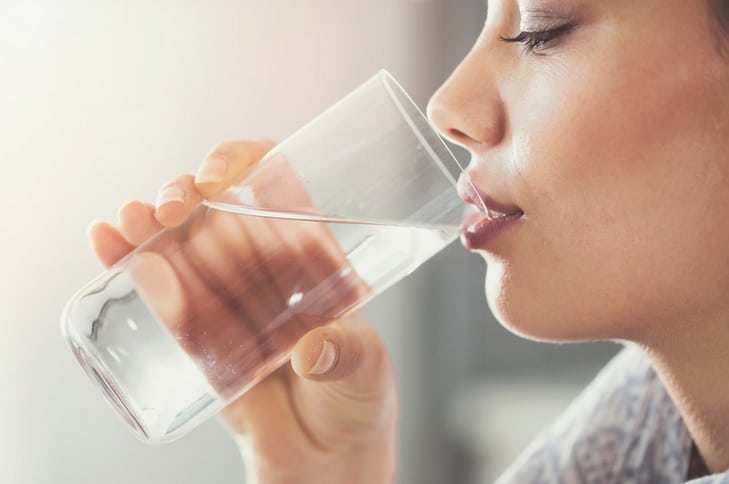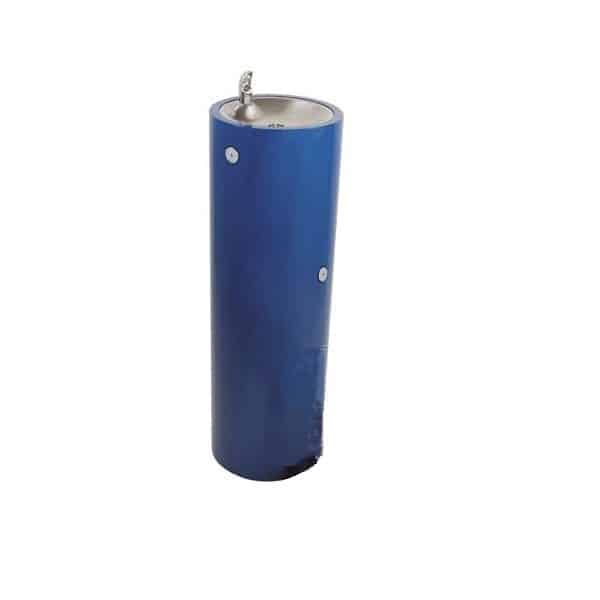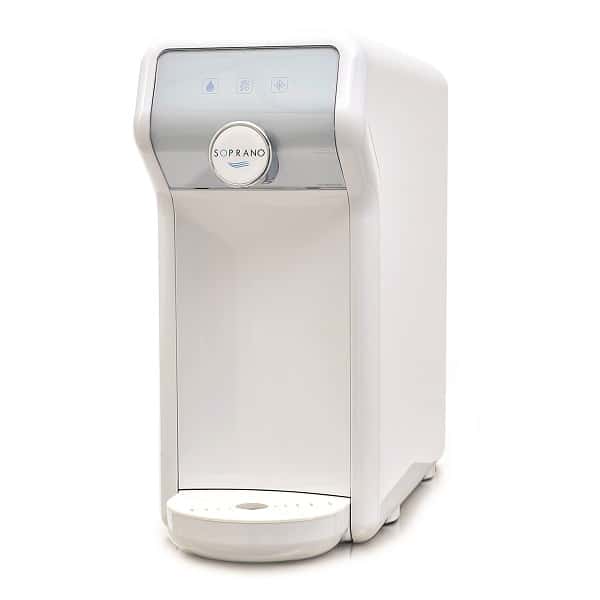Academy
Spa brands
In this section you will find a range of practical information related to our solutions. In the articles, we share our experience, discuss implementation steps and highlight good practices. It is a reliable source of information and advice on the provision of drinking water in public spaces, the legal regulations in this area, the benefits of installing drinking water dispensers and the technological aspects in this field.
We look forward to reading!
Debunking myths about tap water

Water is a fundamental element of our lives. Without it, we would not be able to exist, and therefore its quality and availability are key issues for our health and well-being. Although tap water is widely available and meets stringent quality standards, it is accompanied by many myths and misconceptions. Many of us have heard claims about the possibility of poisoning ourselves by adding substances to our tap water, about its lack of minerals or the harmful presence of chlorine. However, it is worth considering how many of these claims are actually based on fact..
In this text, we will dispel popular myths about tap water with scientific facts and expert answers. We will find out why tap water is safe to drink, what minerals it can provide, and what disinfectants are used in the water production process. In addition, we will look at the quality of water in Poland compared to other European countries to dispel the belief that it is of inferior quality. Let's find out together why you should trust tap water and not be misled by myths.
Myth 1: Something can be added or added to tap water and poison or contaminate it
Right: This is a common myth that raises concerns about the quality of tap water. However, tap water is controlled at every stage, both during production and transmission to consumers. Water pipes are usually located deep underground, making it impossible for any substances to penetrate the pipe and add to the water. In addition, the water is regularly tested for quality and any irregularities are rectified immediately.
Myth 2: Tap water is devoid of minerals
Right: This is also a myth. Tap water is saturated with valuable minerals such as magnesium, calcium and other minerals. The amount of these minerals can vary from location to location, but on average it contains more than 300 mg of minerals per litre. It is these minerals that are responsible for the build-up of so-called limescale in household appliances such as the kettle. Paradoxically, many people choose bottled water to get the same minerals that are available in tap water.
Myth 3: Tap water is hard and contributes to kidney stones
Right: This is another myth that has no scientific backing. The formation of kidney stones is not related to the hardness of the water we drink. Kidney stones are formed as a result of metabolic disorders in the body, not as a result of drinking hard water. It is worth pointing out that water hardness can affect limescale build-up in household appliances, but is not related to kidney health.
Myth 4: Tap water can only be drunk after boiling to eliminate bacteria
Right: Tap water can be drunk without boiling it. It is bacteriologically pure, which means that it is free of harmful bacteria. The high temperature when boiling the water only kills the micro-organisms, but such disinfection processes already take place during the production of water in treatment plants.

Myth 5: Chlorine in tap water is harmful
Right: Chlorine is used as a disinfectant in tap water. Its presence is aimed at killing and eliminating harmful bacteria, which contributes to keeping the water clean. The doses of chlorine used are carefully controlled and have no harmful effects on our health. Chlorine is widely used throughout the world to disinfect drinking water.
Myth 6: Polish tap water is much worse than water in other countries in Europe
Right: Water from Polish taps meets the same quality standards as water in other European countries. All of these waters are subject to EU drinking water quality requirements. In addition, Poland has its own regulations governing water quality, which means that in some cases the water parameters may even be stricter than EU standards. Therefore, there is no reason to believe that Polish tap water is inferior to that in other countries.
In conclusion, many myths about tap water are untrue. Tap water is usually safe to drink and can contain valuable minerals. There are strict regulations and controls to ensure the quality of water supplied to homes, making it an economical and healthy source of hydration.





